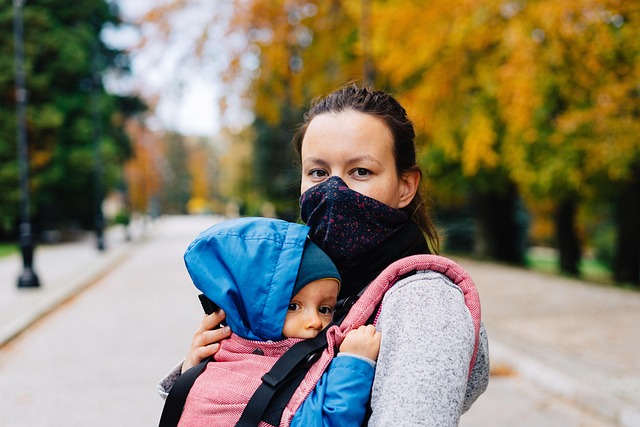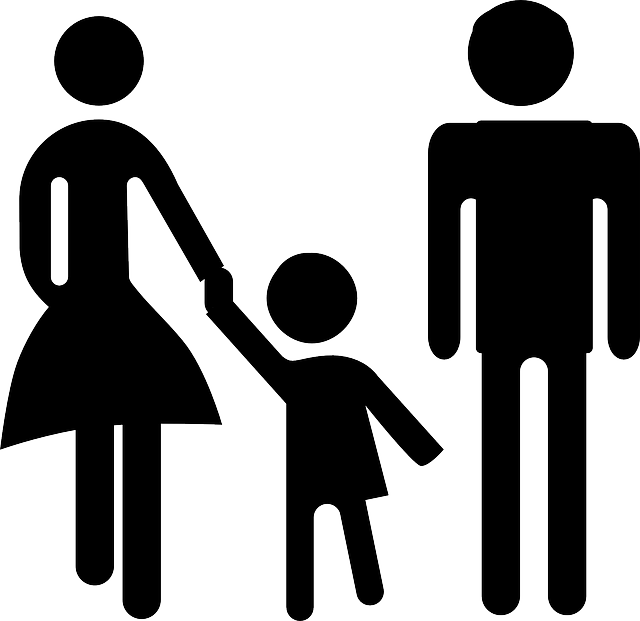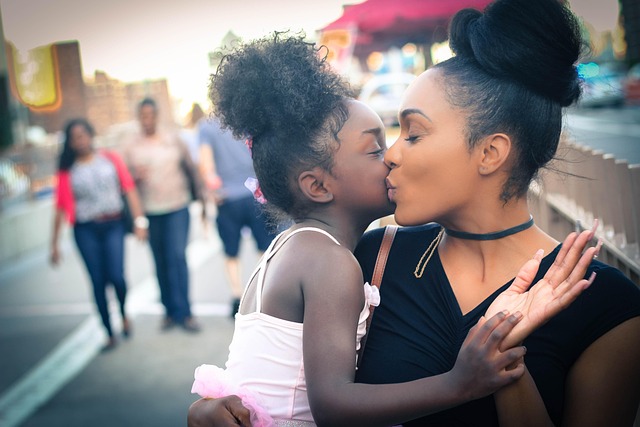In Oregon, particularly within Marion County, the Department of Human Services (DHS) manages child welfare cases through a system that balances children's safety and parental rights, guided by Oregon Family Law. Organizations like Marion County Child Advocacy provide critical child welfare legal services, ensuring fair treatment for parents during DHS cases while collaborating with experts to navigate complex scenarios under the child protective services law. Understanding Oregon family law is vital for parents and professionals to achieve harmonious resolutions in child welfare disputes.
In the intricate landscape of child welfare disputes, balancing public safety with safeguarding parental rights is an ongoing challenge. This article explores critical aspects of parental rights protection within the context of DHS child welfare cases in Oregon. From understanding child welfare legal services to highlighting the role of Marion County Child Advocacy, we delve into strategies that ensure fair treatment for parents under Oregon family law. By examining these components, we aim to strengthen defenses and promote positive outcomes in high-stakes child protective services law matters.
- Understanding Parental Rights and Child Welfare Disputes
- The Role of DHS Child Welfare Cases in Oregon
- Protecting Parental Rights: Marion County Child Advocacy and Beyond
- Navigating Oregon Family Law: Ensuring Fair Treatment for Parents
Understanding Parental Rights and Child Welfare Disputes

In the intricate landscape of child welfare disputes, understanding parental rights is paramount. Parental rights encompass a spectrum of protections designed to preserve families and ensure the best interests of children are considered. In Oregon, for instance, the Oregon Family Law provides a framework that balances the state’s responsibility to protect vulnerable children with parents’ fundamental right to raise their offspring. This delicate balance becomes particularly crucial in DHS child welfare cases, where agencies like Marion County Child Advocacy play a significant role in mediating disputes between families and the state.
Child protective services law, as administered by entities such as these, aims to intervene when children are at risk while also offering support and resources to help families heal and thrive. However, it’s essential for both parents and child welfare legal services to recognize and respect these rights, ensuring that any intervention is conducted fairly and with due process. This approach fosters a more harmonious resolution in disputes, ultimately benefiting the entire family unit.
The Role of DHS Child Welfare Cases in Oregon

In Oregon, the Department of Human Services (DHS) plays a pivotal role in child welfare cases, ensuring the safety and well-being of children while also upholding parental rights protection. DHS Child Welfare Cases in Marion County, one of the state’s most populous counties, are managed through a comprehensive system designed to provide both legal services and support for families involved in the child protective services law. The agency works closely with Oregon family law experts and Marion County child advocacy groups to navigate complex legal scenarios and offer appropriate interventions.
These cases often involve delicate situations where parental rights must be balanced against the need to protect vulnerable children. DHS employs specialized teams, including social workers and attorneys, who are trained in the latest child welfare legal services and practices. By involving these professionals early in the process, Oregon aims to ensure that families receive fair treatment while their children’s interests are safeguarded under the state’s robust family law framework.
Protecting Parental Rights: Marion County Child Advocacy and Beyond

In the complex landscape of child welfare disputes, protecting parental rights is a paramount concern. Organizations like Marion County Child Advocacy play a pivotal role in ensuring that parents’ voices are heard and their legal rights respected throughout DHS child welfare cases. These advocacy groups provide crucial child welfare legal services, offering support and guidance to families navigating Oregon family law. By fostering open communication and advocating for fair treatment, they strive to preserve the bond between parent and child, even in challenging circumstances.
Beyond Marion County, the broader focus on parental rights protection extends across Oregon, with various initiatives aimed at fortifying the legal framework surrounding DHS child welfare cases. Understanding the intricate interplay between child protective services law and parental rights is essential for all involved—from legal professionals to social workers—to ensure that families receive the utmost advocacy and support during these trying times.
Navigating Oregon Family Law: Ensuring Fair Treatment for Parents

Navigating Oregon Family Law plays a pivotal role in ensuring fair treatment for parents involved in child welfare disputes. The state’s legal framework, particularly Oregon Family Law, is designed to safeguard parental rights while prioritizing the best interests of the child. In DHS child welfare cases, such as those handled by Marion County Child Advocacy, the process involves a delicate balance between protecting the child and upholding parental rights.
Child protective services law in Oregon mandates that parents be treated with dignity and given adequate legal representation. This includes access to skilled attorneys who can guide them through the intricate procedures, clarify their rights, and advocate on their behalf. Understanding the nuances of Oregon family law is crucial for both parents and legal professionals to navigate these complex cases effectively.






